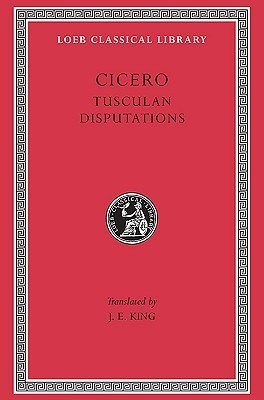What do you think?
Rate this book


624 pages, Hardcover
First published January 1, 46
"It was to philosophy's bosom I was driven from my earliest years by my wishes and interests, and in these dire misfortunes, buffered by a great storm, I have sought refuge in the same harbour from which I first hoisted sail. O philosophy, guide to life, you who search out virtue and drive out vice! . . . to you I entrust myself, as once in large measure, so now deeply and entirely. A single day spent well and in accordance with your lessons is to be preferred to an unending life of error."
"And yet, so far from receiving the praise its services to human life have deserved that it is ignored by most men and even traduced by many . . . But, in my opinion, this misconception, this darkness has blinded the minds of the uneducated, because they are incapable of looking back sufficiently far into the past, and do not consider that the men who were the first to furnish the life of man with its needs were philosophers."
". . . the story goes that Pythagoras came to Philus and in the company of Leon, that town's leading citizen, discussed certain topics learnedly and at length. Leon was struck by his intellect and eloquence, and asked him what art he relied on especially. The reply that Pythagoras gave was that he knew no 'art' but was a philosopher. Surprised at the novelty of the term, Leon asked who philosophers were and what was the difference between them and the rest of men." —Book V